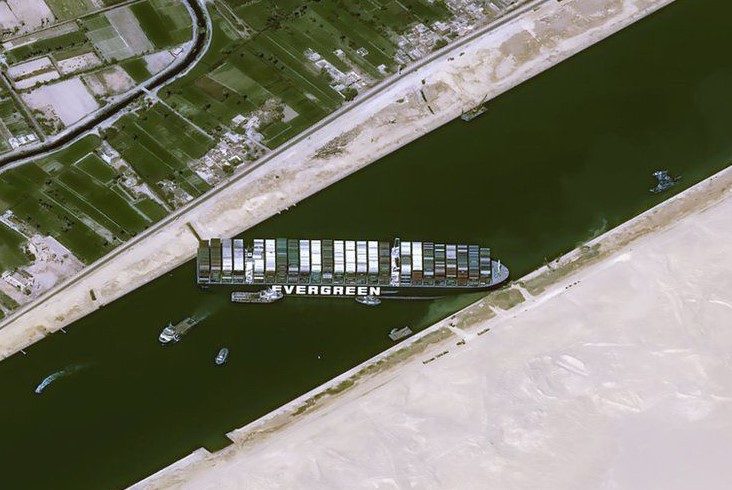
Visit Our Sponsors |
|
|
|
|
|
|
|
|
|
|
|
|
|
|
|
|
|
|
|
|
|
|
|
|
|
|
|
|
|
|
|
|
|
|
|
|
|
|

 Analyst Insight: Putting effort into supply chain sustainability is one pathway to business resilience and risk minimization.
Analyst Insight: Putting effort into supply chain sustainability is one pathway to business resilience and risk minimization.
Sustainability and supply chain resilience are closely intertwined. Resilience is a hot topic today, as organizations wade through the complexities of an increasingly dynamic global economy, while simultaneously struggling to plan for the future. Those that prioritize sustainability tend to have a broader view and more resilient supply chains with lower risk profiles. They’re better prepared to meet unforeseen disruptions, and face new expectations from legislators and consumers to address environmental and social concerns.
Gartner defines resilience as an organization’s ability to avoid or absorb the impact of major disruptions. It’s a calculated strategy focused on strengthening the supply chain’s tolerance for risk. With 60% of supply chains designed for cost efficiency, the time is now to focus on resiliency to meet sustainability goals. Businesses need to improve visibility, monitor supplier performance, pay attention to consumer patterns, and better understand what's happening across all supply chain nodes.
Sustainability enhances resilience by diversifying suppliers, making better use of existing resources, and engaging more closely with stakeholders. A sustainable approach to the sourcing of materials and finished goods involves identifying suppliers that are committed to sustainable practices. By diversifying the supplier base, organizations can mitigate the impact of supplier bankruptcies, natural disasters or other unforeseen events.
Sustainable practices are often only thought of solely as the efficient use of resources such as energy and water. But organizations can also reduce their operating costs and improve the bottom line by optimizing resource usage throughout the supply chain. Additionally, reducing waste and emissions mitigates the risk of regulatory non-compliance and reputational damage. For example, understanding the cost, time and sustainability implications of using rail transport versus truck or barge enables supply chain executives to form a complete view of their business’s impact on the larger environment. Should an unexpected disaster occur, this same understanding of different modes also enables greater resilience to mitigate and eventually overcome the event.
By engaging all stakeholders, including suppliers, customers and local communities, organizations can better understand the risks and opportunities associated with their supply chains. They can manage potential disruptions by building solid and transparent relationships that align with stakeholder expectations.
Sustainability requires the adoption of a long-term view of business operations and supply chain management. This can involve identifying and proactively managing risks, including those related to climate change, resource scarcity and social unrest.
The chief procurement officer at Rolls-Royce understands the link between sustainability and business performance. “A resilient supply chain is a sustainable supply chain," the CPO said, as reported by the Chartered Institute of Procurement & Supply (CIPS). “Achieving our sustainability goals is complementary with achieving efficiency, circular economy, [and] attracting great talent — it’s not a mutually-exclusive thing, it’s heavily embedded.”
Companies must shed the limitations of a traditional linear supply chain model to overcome material scarcity, ensure the sustainability of their operations, and enhance their readiness in the face of inevitable future disruption.
Supply chain technology is required to support sustainability, provide resilience and facilitate reporting to interested parties. It needs to provide high levels of supply chain transparency; aggregate, complete and enhance data from across the enterprise; offer visibility into and execution of different aspects of the supply chain, and generate data-driven alerts and analytics that ask more profound questions and deliver meaningful insights.
No longer just "nice to have," supply chain sustainability comes to the forefront for companies that want to comply with regulations, meet customers’ and employees’ requirements, and compete more effectively in the marketplace. Currently, top-performing companies on ESG topics are rewarded with valuation multiples that are 3% to 19% higher than median performers, proving that sustainability pays significant dividends in today’s economy.
RELATED CONTENT
RELATED VIDEOS
Timely, incisive articles delivered directly to your inbox.

